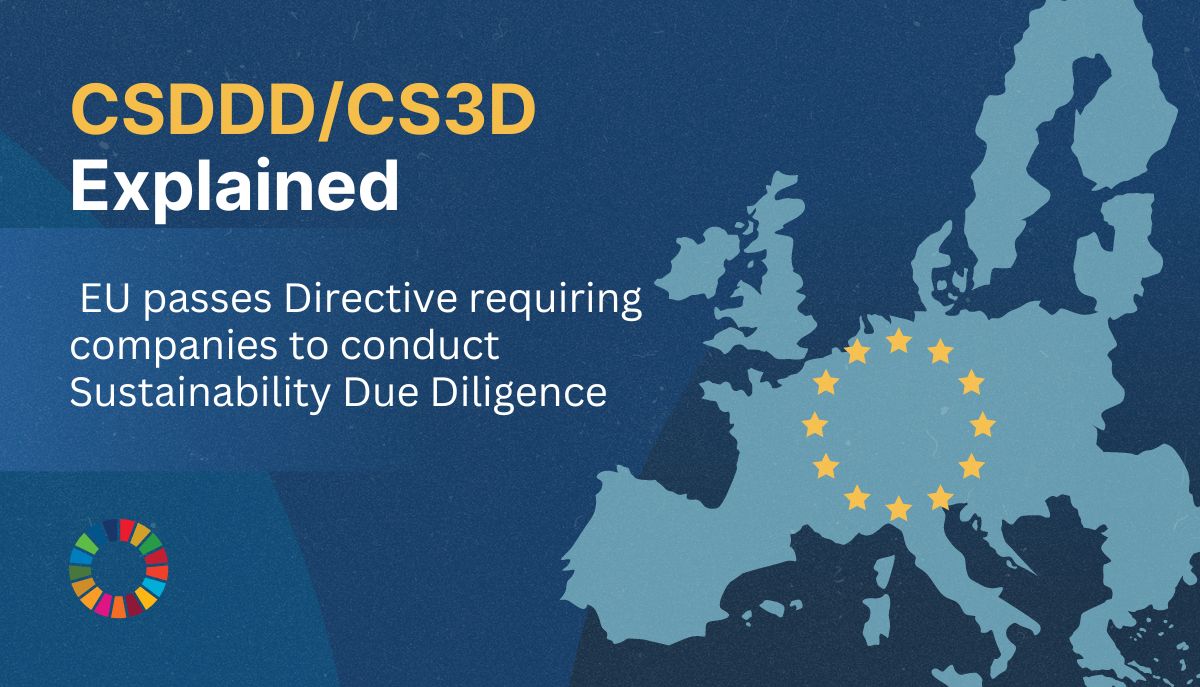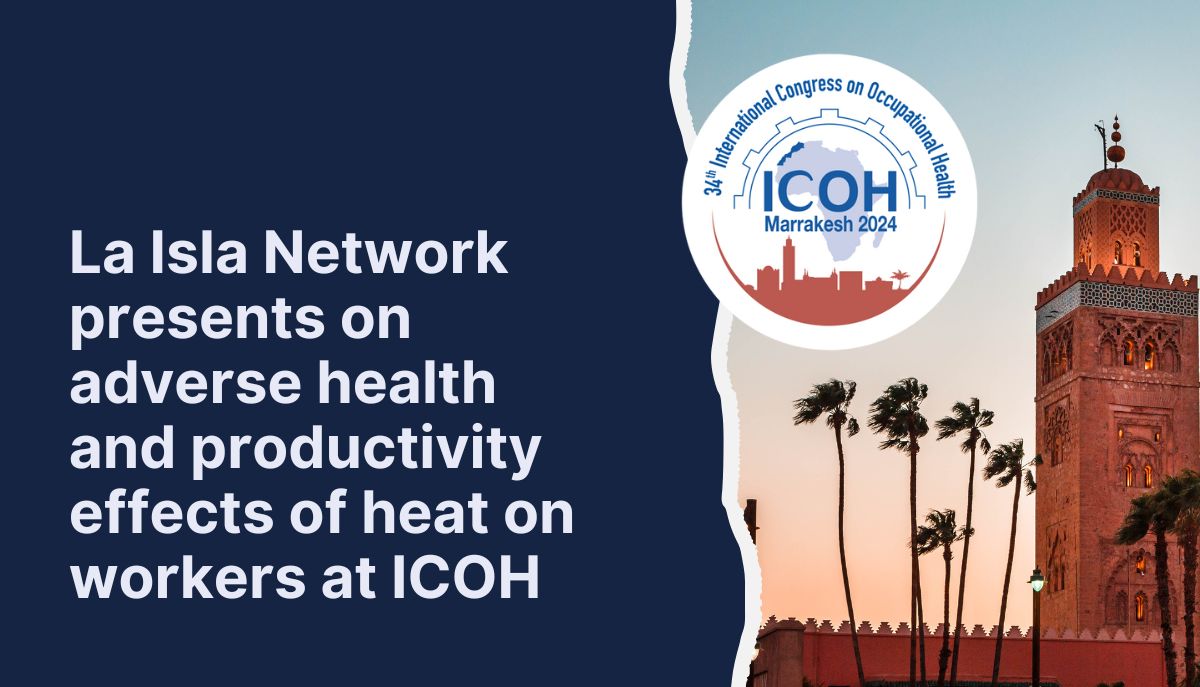The European Parliament approved on April 24 the European Directive on Corporate Sustainability Due Diligence (CSDDD or CS3D), following years of discussions and negotiations.
The significance of this new Directive lies in its ambitious aim: to compel the biggest companies to address human rights abuses and environmental damage within their operations, including those of their subsidiaries and their chain of activities both inside and outside Europe.
To this end, the Directive will ensure that companies address the adverse impacts of their operations by conducting a risk-based due diligence across their full supply chain.
What does this mean? What are the obligations of companies under the CSDDD? Keep reading to learn more about the Directive’s impacts and requirements, and how La Isla Network can help companies comply with their new obligations.
What is due diligence?
According to the OECD Guidelines for Multinational Enterprises, due diligence is understood as the process by which companies can identify, prevent, mitigate and account for the way in which they treat their actual and potential negative impacts.
What are the obligations for companies under the CSDDD?
- The integration of due diligence into the policies and risk management systems of companies, plus the adoption of a due diligence policy.
- The identification, assessment and prioritization of adverse impacts requiring companies to map their own operations, those of their subsidiaries, and of their business partners in their chain of activities.
- The prevention of potential adverse impacts and the elimination or minimization of the extent of actual adverse impacts.
- The establishment of a notification mechanism and complaints procedure to enable persons who are affected or might be affected to submit complaints related to adverse impacts.
- The monitoring of the implementation and effectiveness of the due diligence measures through periodic evaluations.
- Public communication on the due diligence conducted in the form of an annual statement.
- The adoption and implementation of a climate transition plan for climate change mitigation.
Which companies will be subject to the CSDDD?
The Directive applies to EU companies with more than 1,000 employees and a global net turnover surpassing €450 million but also to non-EU companies generating a net turnover in the EU of more than €450 million.
When will Member States need to transpose the CSDDD into their laws?
For a Directive to take effect at the national level, Member States must adopt a legislative act to transpose it and have a maximum of 2 years after its entry into force to do so, given that the Directive will come into force in May.
When will companies need to implement the CSDDD?
Depending on their size, companies will have between 3 and 5 years from the Directive’s entry into force to achieve compliance.
How will the obligations under the CSDDD be enforced?
The obligations under the CSDDD will be enforced through the designation of supervisory authorities and through civil liability.
How can La Isla Network (LIN) assist companies in fulfilling their obligations under the CSDDD?
Companies have the option to enlist independent third parties to conduct audits on their chain of activities to ensure compliance with due diligence requirements.
LIN exists to prevent climate change from posing a threat to the health and safety of workers and to the continuity of companies. We do so by conducting independent scientific investigations in collaboration with leading research institutions to provide evidence-driven policy recommendations that protect the workforce, support industry leaders and deliver technical support to companies and governments seeking to address heat stress and other occupational illnesses and injuries.
We work with businesses to develop protocols and methods that ensure a healthy and productive working environment in the face of a changing climate.
 We can assist companies in protecting their workers in a changing climate, improving productivity, and meeting their obligations under the CSDDD with our Triple-A approach: Assess, Address, & Assist
We can assist companies in protecting their workers in a changing climate, improving productivity, and meeting their obligations under the CSDDD with our Triple-A approach: Assess, Address, & Assist
- Assess: Assessing current workplace conditions. LIN will help companies in identifying, evaluating and prioritizing current and potential impacts by establishing a baseline assessment to identify the risk of heat stress, along with other occupational safety and health concerns. This will determine whether current policies and protocols are sufficient in protecting workers.
- Address: Addressing gaps identified through data-driven methods. LIN will enable the prevention of potential impacts and the elimination or minimization of the extent of existing impacts by determining what elements of the workplace protocols and organizational systems may be helping or hindering workforce protection and recommend changes to improve working conditions.
- Assist: Assisting in the implementation and ongoing improvement of work protocols. LIN will contribute to ensuring the sustainability and effectiveness of measures implemented by assisting in the implementation of our protocols through organizational management and on-the-ground protocol support.
Businesses can expect the following outcomes:
- Compliance under the CSDDD and its due diligence requirements
- Reduction of harm and mitigation of liability
- Improvement of workforce health
- Increase in productivity and achievement of a positive return on investment (ROI)
- Strengthening market position as a responsible company
In line with its collaborative approach with businesses, La Isla Network will offer support to enable companies to fulfill their due diligence obligations effectively.
Thank you for reading. La Isla Network is a research and advising organization protecting workers in a changing climate. We generate and implement data-driven worker protection and management assessment protocols. Our goal is to improve the resiliency of workforces and businesses to heat stress, and other climate-driven risks. For more information please contact info@laislanetwork.org.





